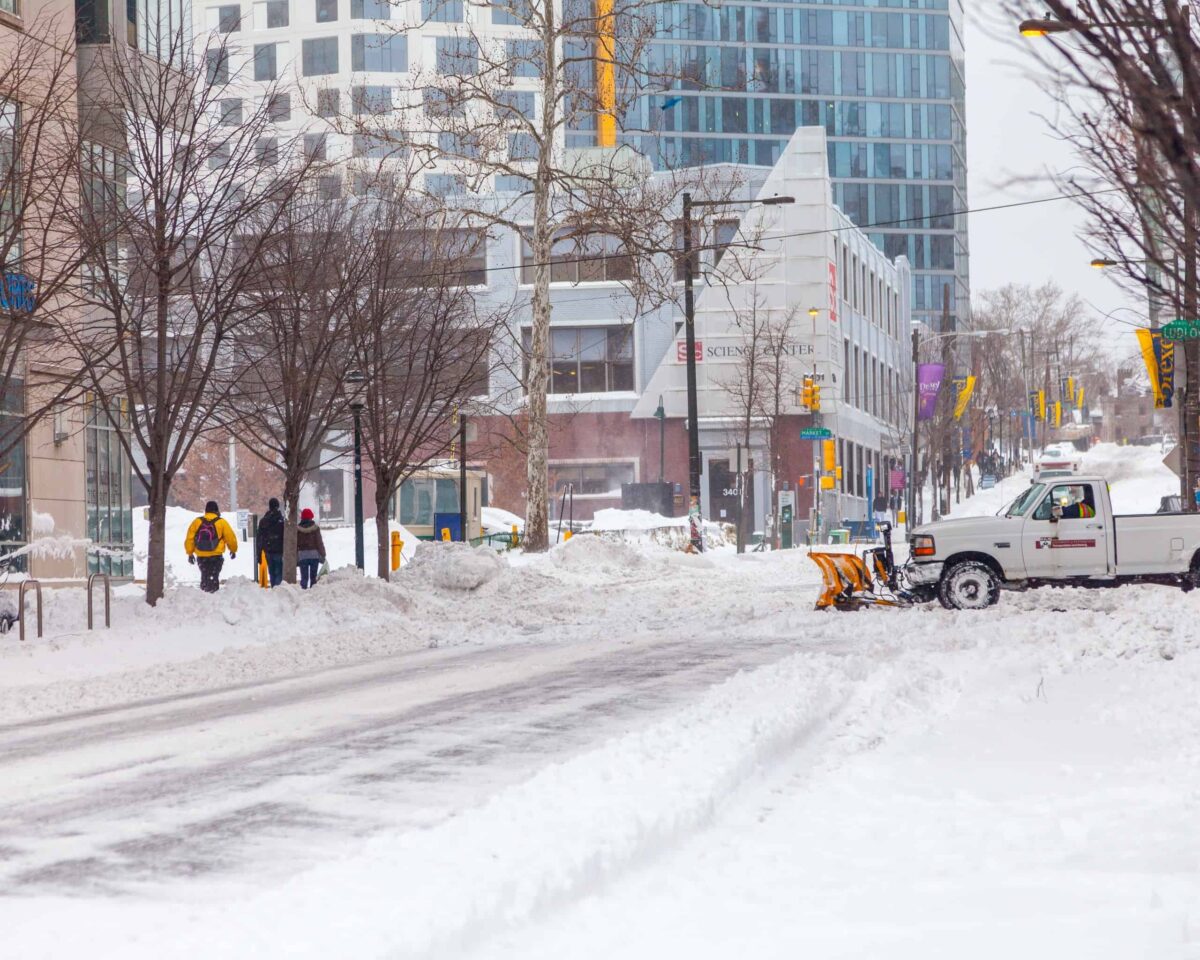What Does the SCC’s Ruling on Snow Removal Liability Mean for Saskatchewan?

In a decision released last week, the Supreme Court of Canada (SCC) ruled that cities can be held liable for negligence by residents who sustain injuries related to municipal snow removal.
The case in question involved a woman in Nelson, B.C., who was injured climbing a snowbank that was left after the streets had been cleared. The city argued it shouldn’t be held liable because snow removal is a core policy decision, and such decisions are typically immune from negligence claims.
But the SCC disagreed, finding that Nelson’s snow removal policy only addressed prioritizing snow removal in certain areas of the city, and was silent on the creation and placement of snowbanks.
“In this case, [the SCC] said the policy in question really only had to do with prioritizing removing snow in certain areas over others. It had nothing to do with where to place banks of snow and had no mention of creating banks of snow,” said Regina lawyer Milad Alishahi in an interview with CBC Radio.
So, what could this decision mean for residents of Saskatchewan?
Milad noted that both the Municipalities Act and the Cities Act limit municipalities’ exposure for liability stemming from injuries caused by snow, ice or slush on sidewalks or crosswalks to instances of gross negligence. Gross negligence typically involves deliberate or reckless disregard for the safety of others, he said.
“That really raises the threshold for being able to sue a municipality in Saskatchewan for negligence as a result of snow-clearing issues that cause injury,” Milad said.
Milad also discussed a Regina bylaw that will require homeowners to clear snow from their sidewalks within 48 hours of snowfall, beginning in January.
He noted that the Courts of Appeal in B.C. and Ontario have both ruled that similar policies in those provinces do not impose a duty of care on homeowners to passersby on snowy sidewalks. If courts in Saskatchewan take a similar view, Regina homeowners likely won’t have a duty of care to passersby – but that doesn’t mean they won’t be sued if someone slips and falls outside their home.
“It’s unlikely the claim would be successful, but that’s relying on cases from British Columbia and Ontario,” Milad said. “Our courts may have a different view of things.”


